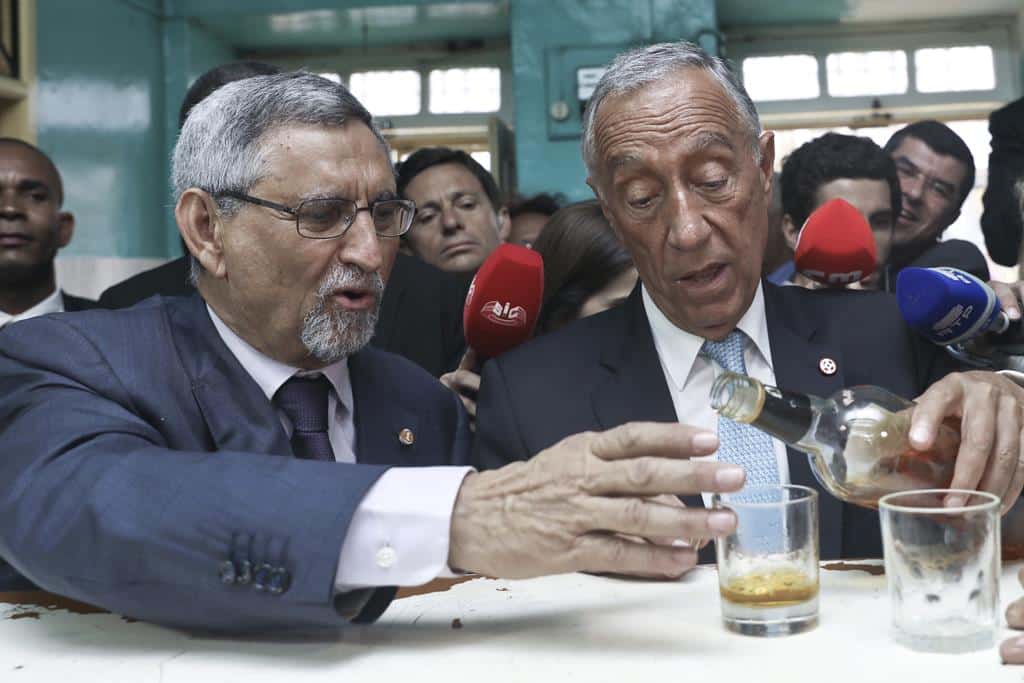Marcelo’s trip follows prime minister’s recent visit
President Marcelo is in Cabo Verde today, less than two weeks since the former Portuguese colony hosted prime minister Luís Montenegro – on his first official visit as the head of Portugal’s AD government – and exactly a week since his ‘controversial remarks’ about colonial ‘reparations’, which left right wing parties in varying degrees of indignation.
The big question, thus, for the president of Cabo Verde, has been “are colonial reparations on the agenda?” To which the response has been “definitely not”.
Whether Portugal’s president has been advised to desist from the subject, or whether Cabo Verde itself is not interested, is not clear. With smiling diplomacy Cabo Verde’s head of State José Maria dos Neves said there is “no necessity to create conflicts where they do not exist. Relations between Portugal and the (former) colonies are excellent”, he stressed.
If there are reasons for “debates on deepening relations”, these can happen, as long as democracy is respected; people’s opinions are respected and consensus is reached. But none of that applies to this visit, which is to participate in the commemorations of 50 years since the liberation of political prisoners from Tarrafal Concentration Camp – a symbol of Portuguese fascism.
SIC Noticias gives some facts about Cabo Verde that many people may be unaware of: for example, it has a diaspora that is three times greater than the resident population. Only 500,000 Cabo Verdeans live in the nine islands of their country, while 1.5 million are spread across the world – the United States and Europe being the main destinations, along with Portugal (because of the shared language).
These days Cabo Verde is held up as an example of political and democratic stability in Africa, and is one of the countries with which Portugal “has the closest and most comprehensive bilateral relationship”, according to PM Montenegro whose visit discussed a number of shared initiatives.
President Marcelo is expected back in Portugal in three days’ time.
Source material: SIC Notícias




















